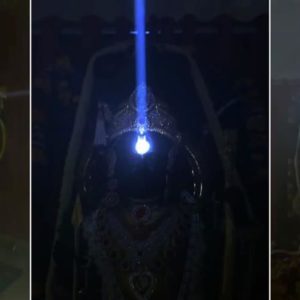New Delhi, March 24
Amid a raging controversy over alleged tampering with Electronic Voting Machines (EVM) during the recent Assembly polls in five states, the Supreme Court issued notice to the Election Commission on a PIL seeking probe by foreign software experts into their authenticity.
A three-judge Bench headed by Chief Justice of India JS Khehar, however, refused to issue notice to the CBI as demanded by petitioner advocate ML Sharma, who alleged that EVMs used by the Commission could be easily tampered with.
Sharma wanted registration of an FIR for a probe into alleged tampering with EVMs “for vested interest by a political party”.
After tasting defeat at the hustings, BSP chief Mayawati and AAP leader and Delhi Chief Minister Arvind Kejriwal had alleged that EVMs were tampered with. The AAP had demanded that the MCD polls be conducted through ballot papers. West Bengal Chief Minister Mamata Banerjee had also demanded that the Election Commission should hold an all-party meeting to discuss the issue.
EVMs were introduced in India in 1999 by the Election Commission and now they have replaced ballot papers in Lok Sabha, Assembly and local body polls across the country. The Election Commission has consistently maintained that EVMs are tamper-proof. But the Commission has decided to introduce EVMs with voter-verified paper audit trail (VVPAT) system. The VVPAT system was introduced in eight of the 543 Lok Sabha constituencies as a pilot project in 2014 elections.
The petitioner has demanded examination of the “quality, software/malware and hacking effect in the EVMs from a reliable electronic lab/scientist and software expert and to file their report before this court for further action/prosecution”.
Referring to allegations of EVM tampering in the recent Assembly polls in five states and Maharashtra civic polls, Sharma contended it was admitted by the Election Commission itself that EVMs were tamper-proof only until their technical, mechanical and software details remain a secret.
“These details can be detected via reverse engineering by any expert. Wireless device/software can be prepared via reverse engineering, and with their help voting records can be changed in any location and at any time,” the petitioner said.




 Buzz about Sidhu Moosewala’s father contesting from Bathinda as Independent candidate
Buzz about Sidhu Moosewala’s father contesting from Bathinda as Independent candidate



























